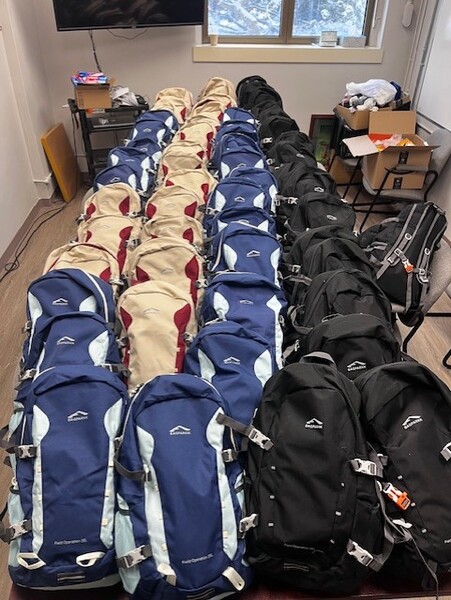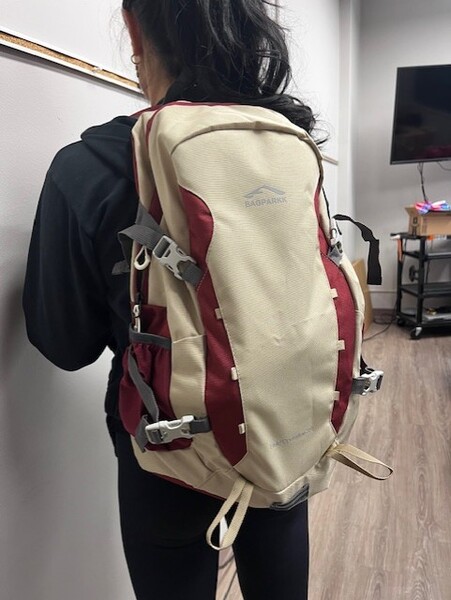Groundbreaking study fuels efforts to combat homelessness in the Acadian Peninsula

A major study is underway to gain deeper insight into rural homelessness in the Acadian Peninsula. Led by experts from the University of Moncton and funded by the federal government, this one-year project aims to create an accurate picture of needs and guide tailored solutions, based on interviews with people experiencing homelessness and various stakeholders.
"Vitalité Health Network, Public Health and the Acadian Peninsula Regional Service Commission (APRSC) are joining forces to turn this data into concrete action, with the mission of demystifying homelessness, reducing harm and countering stigmatization," explains Marie-Michèle Michon, street outreach worker with the Centre de Bénévolat de la Péninsule acadienne. "This study is a crucial step in understanding the unique realities of rural homelessness and proposing solutions that meet real needs."


“The preliminary results, expected by the end of the year, will help refine current initiatives, including the opening of a suitable warming centre by next year and awareness campaigns," points out Marie-Pier Rivest, associate professor at the Université de Moncton’s School of Social Work, who is leading the study. "The unique situation of the Acadian Peninsula, a very rural region, makes it difficult to locate people who need assistance services. The results of this study will help us shape initiatives and services more effectively for this vulnerable population spread over a vast territory."

"This study embodies the desire of municipalities on the Acadian Peninsula to better understand the challenges of rural homelessness, to provide concrete, tailored solutions," says Cédric Landry, Director ofcommunity development at the APRSC. "By joining forces, we are laying the foundations for sustainable support for our most vulnerable fellow citizens. This initiative will be a positive step for the Acadian Peninsula as a whole.”
“Pack Sac de Soutien” [relief pack] project: immediate and thoughtful assistance
Among the initiatives of this joint effort is the flagship relief pack project (funded in part by the New Brunswick Department of Justice and Public Safety), which aims to offer immediate comfort to people experiencing homelessness or great vulnerability.


"This ergonomic, waterproof backpack contains healthy snacks, a hygiene kit (toothbrush, sanitary napkins, deodorant), a first-aid kit and even a solar-powered radio with charger," explains Maggie LeBouthillier, Community Development Advisor at Public Health and Regional Resiliency Coordinator at the Department of Justice and Public Safety.

"The relief pack doesn't just meet basic needs: it restores dignity and connects recipients to local services." It is distributed by the Centre de Bénévolat de la Péninsule acadienne street outreach worker and partner organizations and is funded in part by the New Brunswick Department of Justice and Public Safety.
The initiative has also been deployed in the Chaleur region.

"The relief pack is designed for people in precarious situations, whether visible or hidden homelessness, as is more common in the region," continues Marie-Michèle Michon.
A rigorous evaluation will analyze the impact of the packs on the physical, mental and emotional well-being of the beneficiaries. User feedback will help optimize content and make the initiative more effective.
This project aims to support autonomy and raise awareness about community resources in the region for those who need them.
-30-
Caption (in the order presented): Marie-Pier Rivest and Lise Savoie (Professors leading the study), Cédric Landry (director of community development at CSRPA), items prepared to complete the Pack Sac de Soutien, Maggie LeBouthillier (community development advisor at Public Health and regional resilience coordinator at the Ministry of Justice and Public Safety), a person carrying a Pack Sac de Soutien